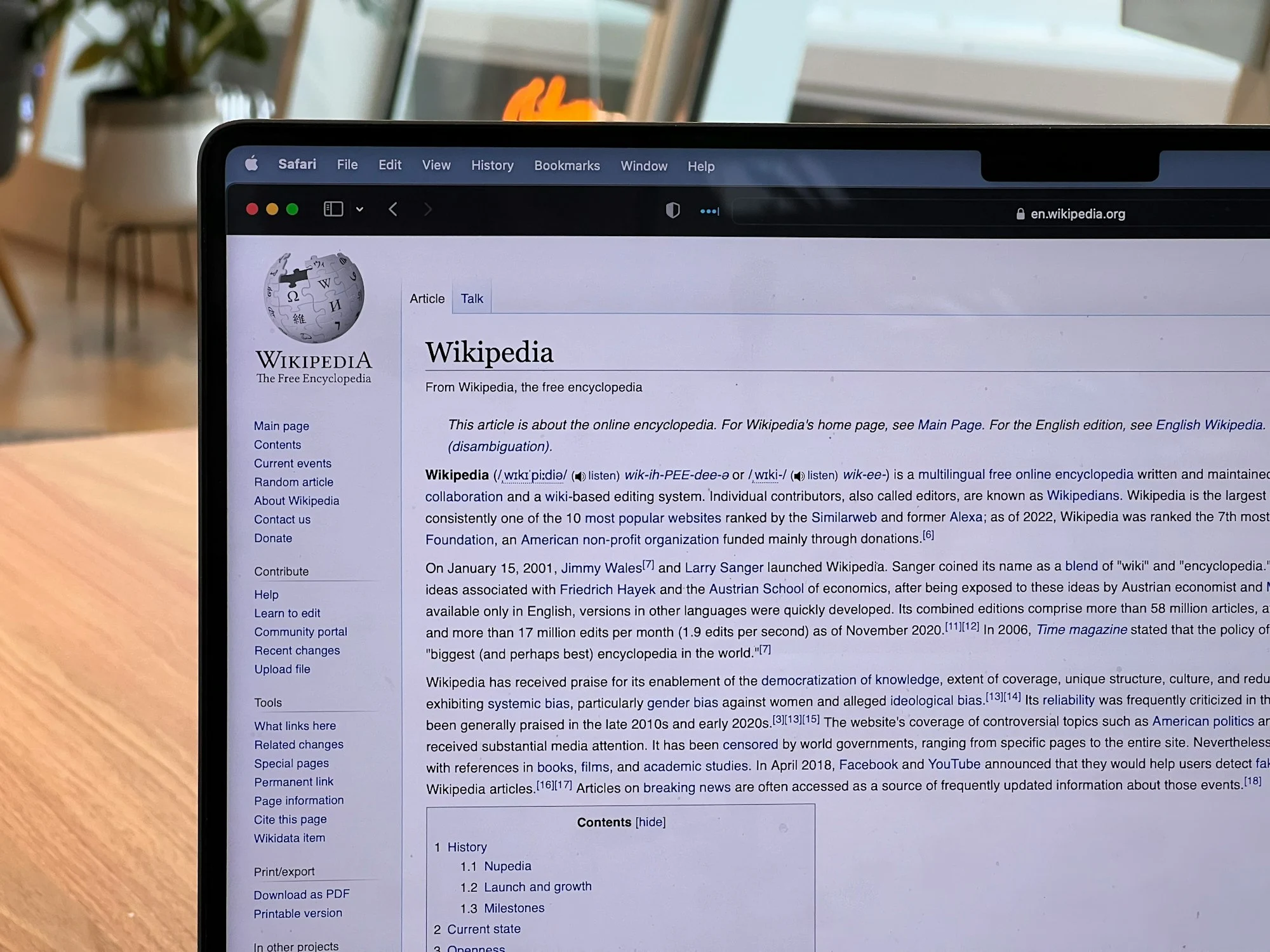The Editors Protecting Wikipedia from AI Hoaxes
The Editors Protecting Wikipedia from AI Hoaxes

www.404media.co
The Editors Protecting Wikipedia from AI Hoaxes

The Editors Protecting Wikipedia from AI Hoaxes

The Editors Protecting Wikipedia from AI Hoaxes
